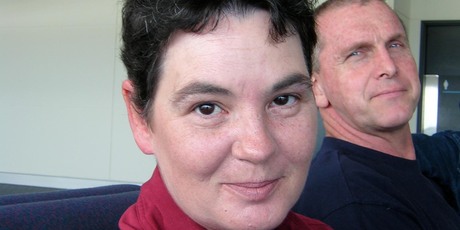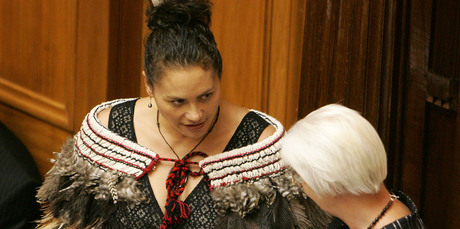By Mark O’Brien
Impunity Watch Reporter, Oceania
CANBERRA, Australia — Aboriginal leaders called on the United Nations this week to deny Australia a seat on the Security Council because of the country’s record of treating indigenous Australians.

Michael Anderson, the last surviving founder of the Aboriginal Tent Embassy in Canberra 40 years ago, wrote a letter to UN ambassadors, urging them to reject Australia’s bid for council membership.
The move came on the heels of a new report on aboriginal relations that human rights lawyers called “concerning.”
In an interview with the New Lawyer, Stephen Keim, president of the Australian Lawyers for Human Rights, said the government should “work with Aboriginal peoples in the (Northern Territories) to promote and build representative institutions that will allow self-determination through self-government.”
Keim said Australia needs to more closely follow the UN Declaration on the Rights of Indigenous Peoples. According to Keim, UNDRIP gives native peoples the right of self-determination and the autonomy to achieve that through regulating their internal and local affairs.
But the report highlighted the diminished self-governance Aboriginals have, including the downfall of the Aboriginal and Torres Strait Islander Commission, the concentration of local government, and the proliferation of indigenous advisory committees that have ineffective decision-making authority.
The report also identified key areas of concern, including transparency, development in the Northern Territories, lack of long-term planning in Aboriginal towns, and marginalization of Aboriginals’ decision-making.
According to the New Lawyer, Keim said the report called attention to “the importance of culture as a social determinant of health, which, as outlined in the UNDRIP, protects the maintenance and practice of indigenous cultures.”
This all comes in the wake of Australia deciding last month to shelve the Act of Recognition, which, if passed next year, would have acknowledged the role of indigenous Australians in the country’s history. Now, the referendum will not be considered for at least three years.
A sunset clause on the act prevents the parliament from entirely neglecting the issue, however, said Indigenous Affairs Minister Jenny Macklin.
But recent numbers indicated not many Australians knew about the proposed act. Macklin said a poll by Reconciliation Australia found fewer than 40 percent of the non-indigenous population knew or heard about the referendum.
“The Australian government agrees with the findings of the expert panel that it is important a referendum is held at a time when it has the most chance of success,” Macklin said.
But Press TV reported that the treatment of Aboriginals may be improving, albeit slightly.
In the Northern Territories, greater involvement to protect the indigenous population from discrimination, human rights violations, and other abuse has been a central theme. Since elections in August, government organizations have begun to cut down on racial stereotypes of Aboriginal Australians.
For further information, please see:
The National Indigenous Times — Australia Doesn’t Deserve a Seat on United Nations — 11 October 2012
Press TV — Indigenous Australians Demand Better Recognition — 11 October 2012
The New Lawyer — Report Spotlights Indigenous Rights — 8 October 2012
The Australian — Julia Gillard Switch on First People Referendum — 20 September 2012


